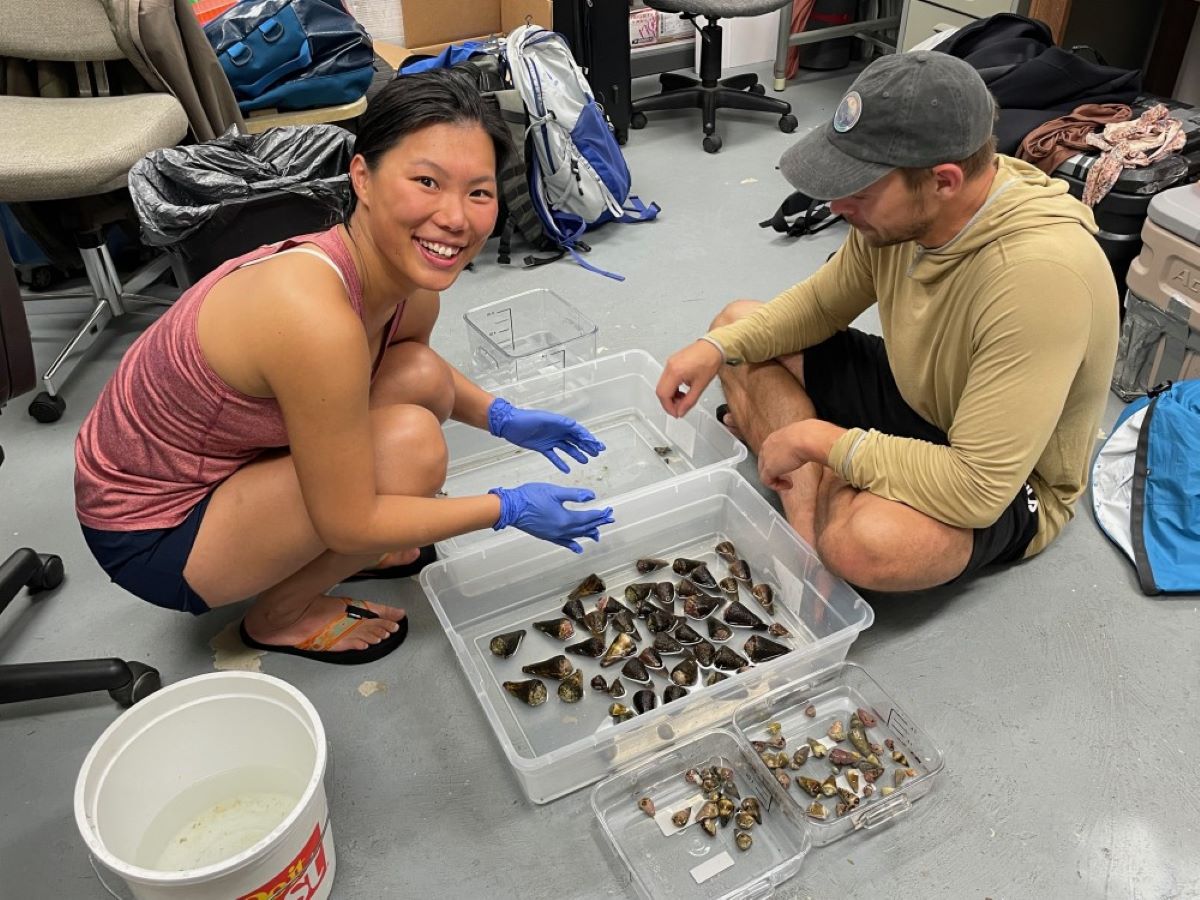Negative
20Serious
Neutral
Optimistic
Positive
- Total News Sources
- 3
- Left
- 1
- Center
- 1
- Right
- 1
- Unrated
- 0
- Last Updated
- 92 days ago
- Bias Distribution
- 33% Center


Researchers Discover New Hormone Mimic in Cone Snail Venom
Research led by scientists at the University of Utah has found that the venom of the geography cone snail, a highly toxic marine creature, may provide insights for developing better treatments for diabetes and hormone disorders. The venom contains a component called consomatin, which mimics the human hormone somatostatin, crucial for regulating blood sugar and various hormones. Unlike somatostatin, which interacts with multiple proteins, consomatin targets only one, allowing for more precise regulation of hormone levels with potentially fewer side effects. Additionally, consomatin's effects are longer-lasting than those of somatostatin, making it a promising candidate for drug development. The findings were published in the journal Nature Communications on August 20, 2024, and could lead to improved medications for conditions like diabetes and certain cancers, showcasing the potential of venom in biomedical research.



- Total News Sources
- 3
- Left
- 1
- Center
- 1
- Right
- 1
- Unrated
- 0
- Last Updated
- 92 days ago
- Bias Distribution
- 33% Center
Negative
20Serious
Neutral
Optimistic
Positive
Stay in the know
Get the latest news, exclusive insights, and curated content delivered straight to your inbox.
